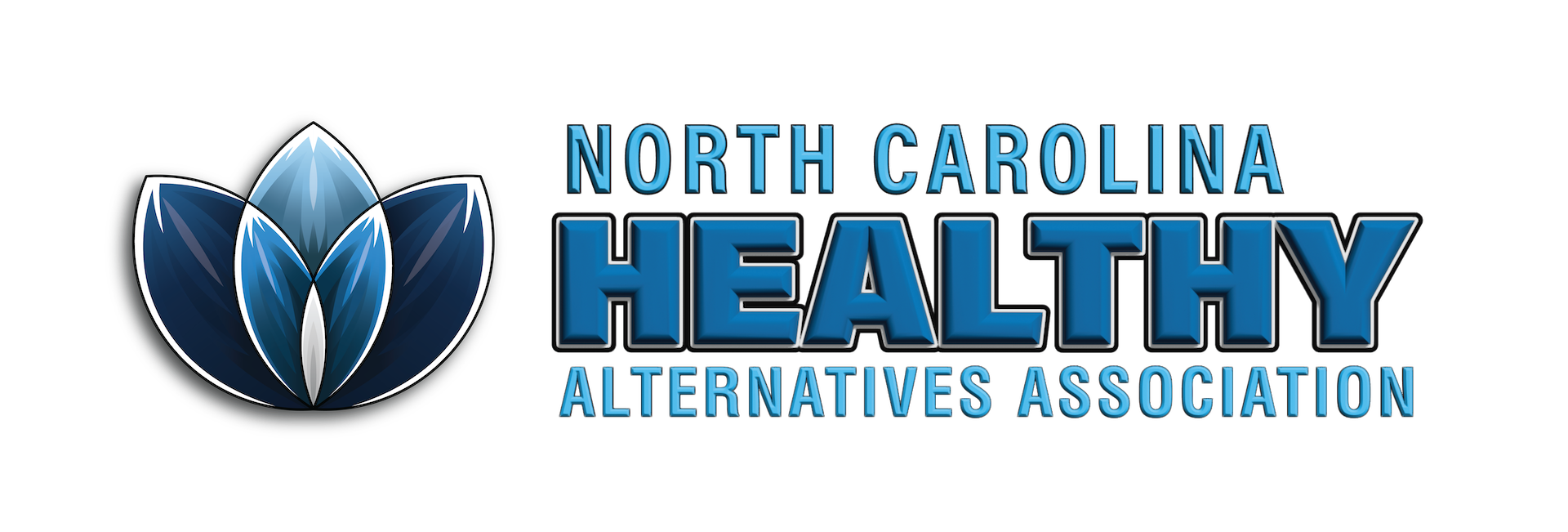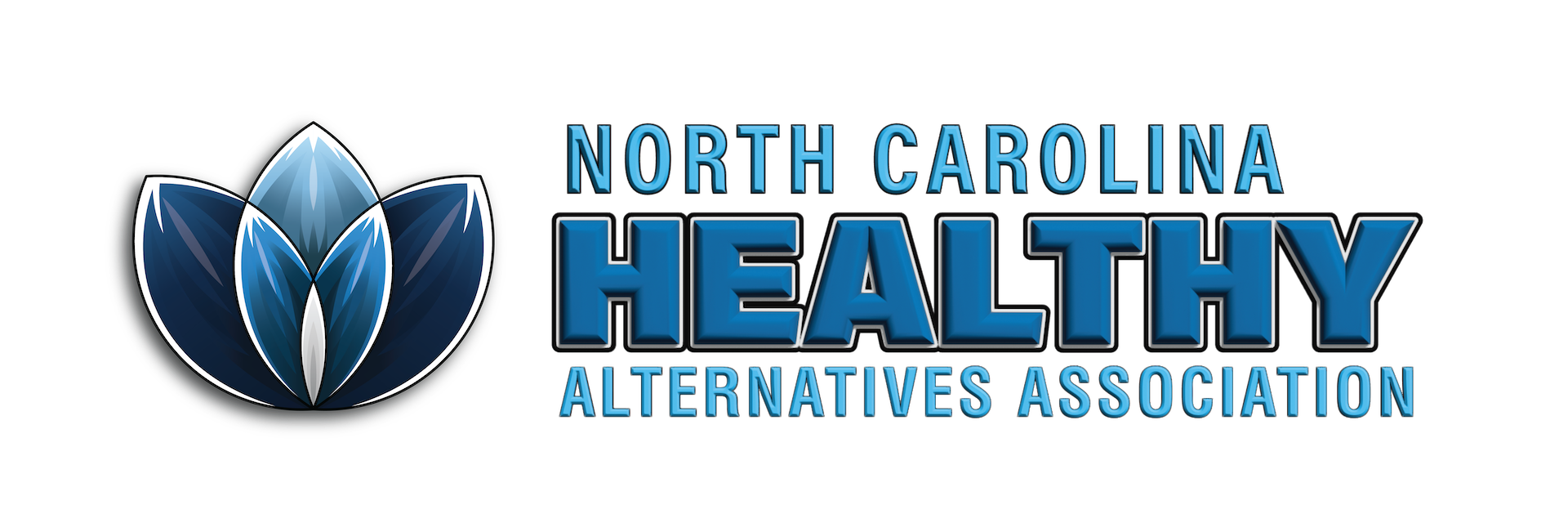
Hemp Is Helping North Carolina—Let’s Not Shut It Down
Across North Carolina, hemp has quietly become one of the most impactful industries you may not hear enough about. It’s more than a crop or a commodity—it’s a source of relief, jobs, and community empowerment. From veterans managing chronic pain to rural farmers finding new economic opportunity, the hemp industry is woven into the fabric of our state.
But all of that is at risk.
Recent legislative proposals threaten to shut down the very industry that has provided safe alternatives to opioids, new jobs in underserved areas, and a bridge to wellness for thousands of North Carolinians. The future of hemp in our state is uncertain—and the consequences of overregulation are far-reaching.
Hemp Means Jobs
Hemp is more than a wellness product. It’s an economic driver. According to recent estimates, North Carolina’s hemp industry supports thousands of jobs across farming, processing, compliance, retail, and logistics.
Small businesses—many of them veteran-owned or family-run—depend on the responsible sale of products like CBD, THCa, and Delta-8. These are not fringe products; they’re daily staples for communities across the state. From storefronts in Asheville and Fayetteville to farms in Eastern NC, hemp supports:
-
Manufacturing and extraction technicians
-
Retail workers and delivery drivers
-
Marketing and compliance professionals
-
Farmers and agriculture laborers
Sweeping bans on hemp-derived cannabinoids, like those proposed in the restrictive version of Senate Bill 328, would wipe out this industry in a matter of months. The result? Job losses. Empty storefronts. Lost tax revenue. And a deep economic wound, particularly in rural areas that rely on hemp for stability.
Veterans Rely on Hemp for Relief
North Carolina is home to nearly 700,000 veterans. Many of them turn to hemp-based products as natural, non-addictive alternatives for managing pain, anxiety, insomnia, and PTSD.
These products aren’t just about comfort—they’re about safety. With the right regulation in place, veterans can trust that the hemp products they use are tested, labeled, and available without stigma.
Restrictive legislation that bans broad categories of cannabinoids would take these tools away from the very people who have served and sacrificed the most.
Hemp Supports Safer Public Health
Let’s be clear: NCHAA supports regulation. Smart laws that set age limits, require testing, and ensure child-safe packaging are essential.
But banning hemp outright is not a solution—it’s a setback. When adults lose access to safe, regulated hemp products, they may turn to unregulated alternatives or black market sources. That creates more risk, not less.
Instead, let’s build a regulatory system that protects consumers, supports responsible businesses, and prevents misuse without penalizing those who depend on hemp.
North Carolina Is a Leader—Let’s Act Like It
We have a chance to set the national standard for hemp policy. With the right legislation, North Carolina can:
-
Protect jobs in a growing, homegrown industry
-
Ensure veterans continue to have access to safe relief
-
Support farmers in diversifying their crops
-
Keep hemp products out of the hands of minors and in the hands of responsible adults
This moment isn’t just about products on shelves. It’s about the kind of state we want to be.
Will we support small business, rural economies, and public health? Or will we let misinformation and fear take the lead?
At NCHAA, we’re choosing progress. We’re choosing people.
We urge lawmakers to support legislation that protects access and jobs—not bills that ban first and ask questions later.

